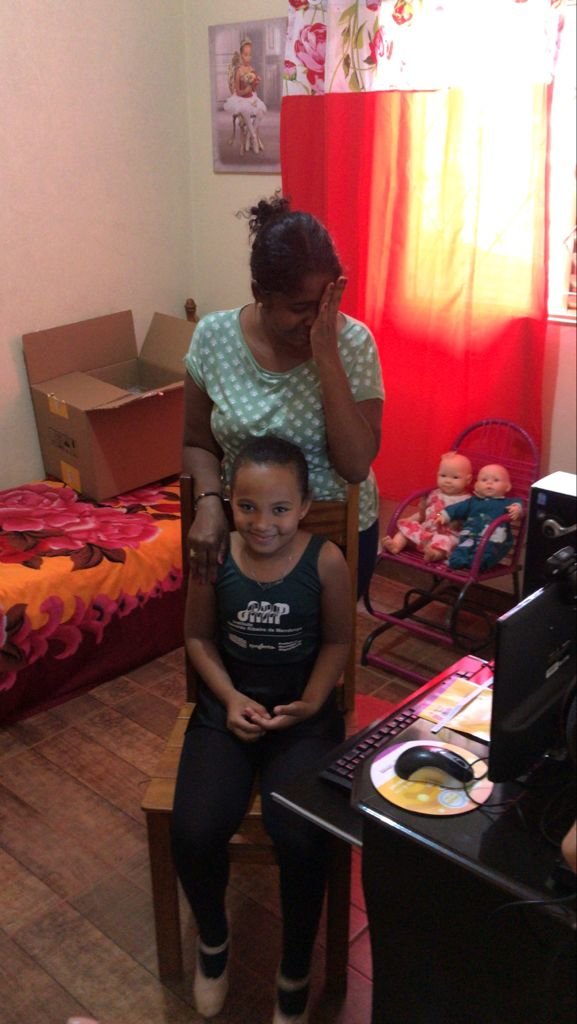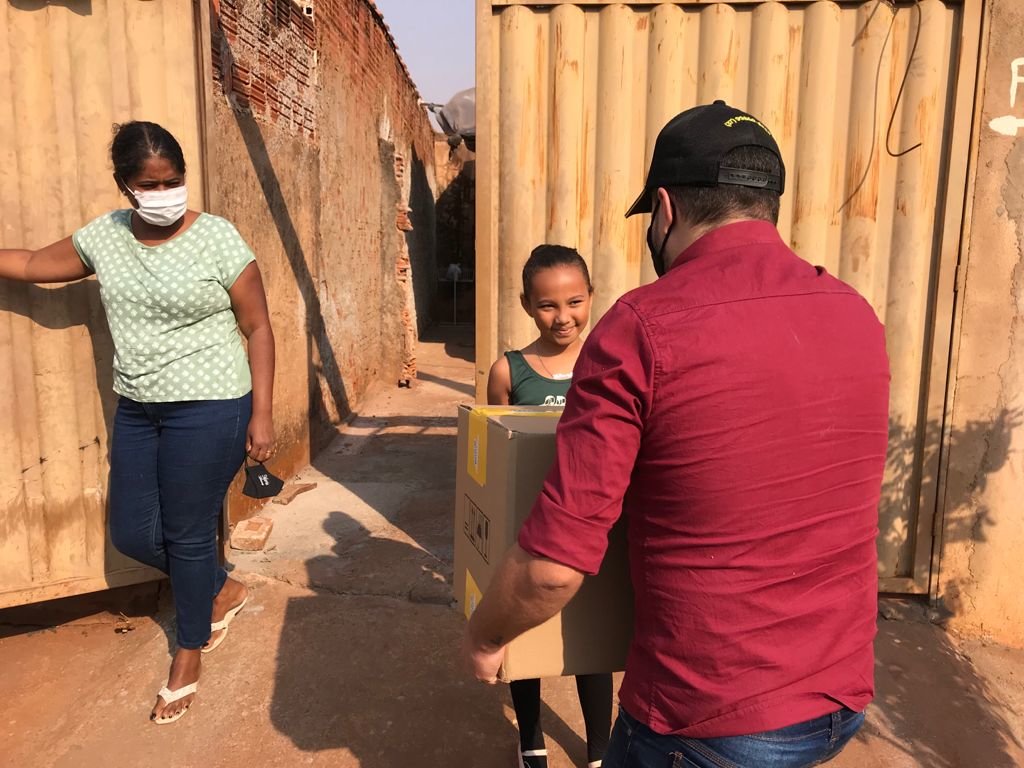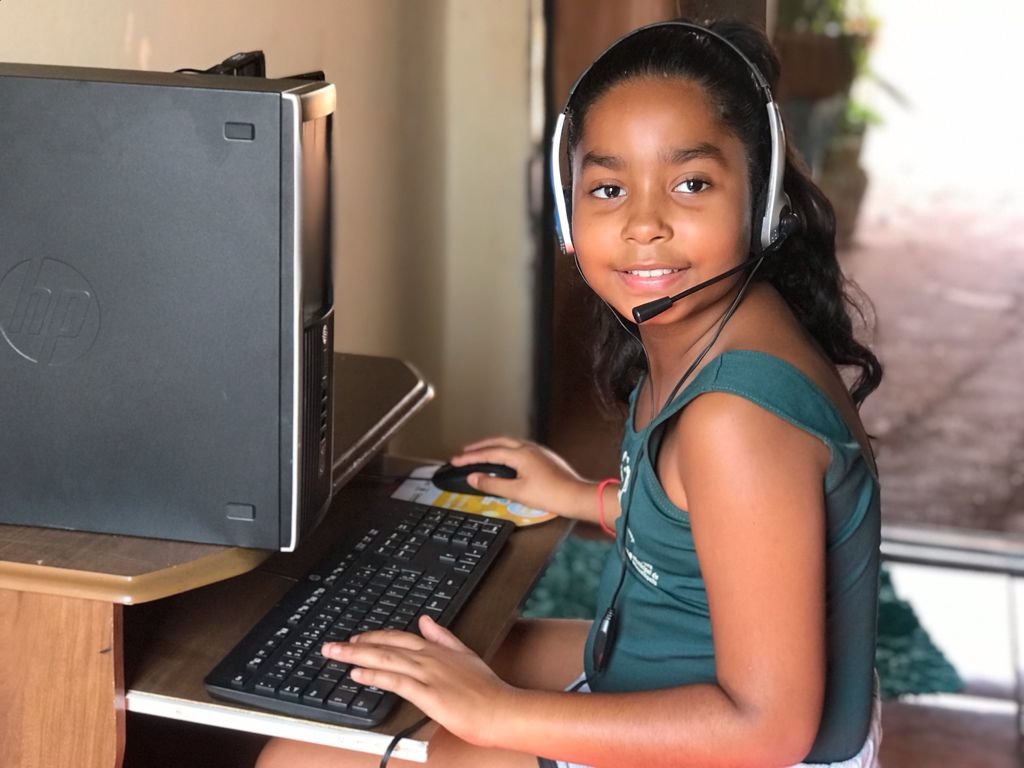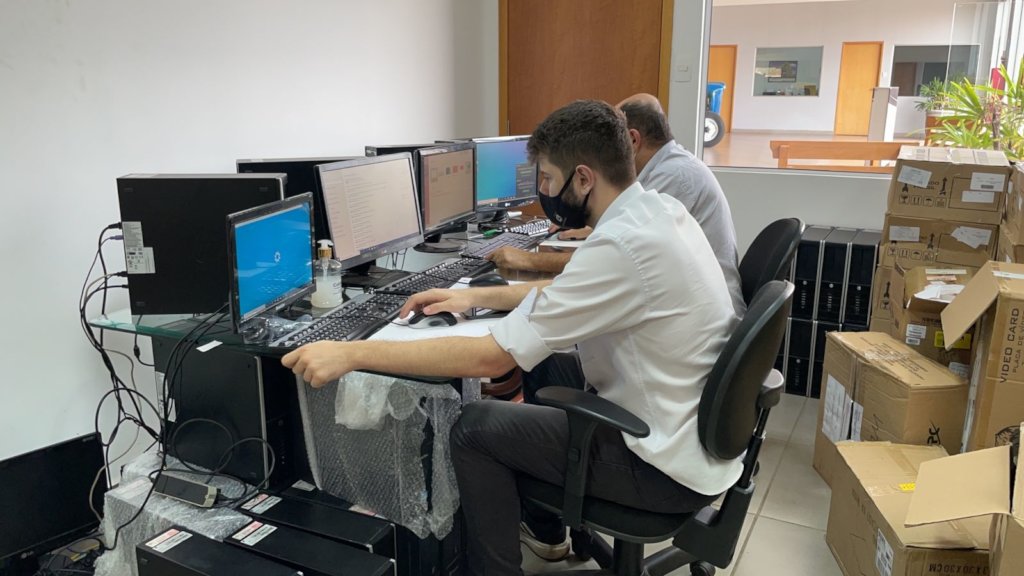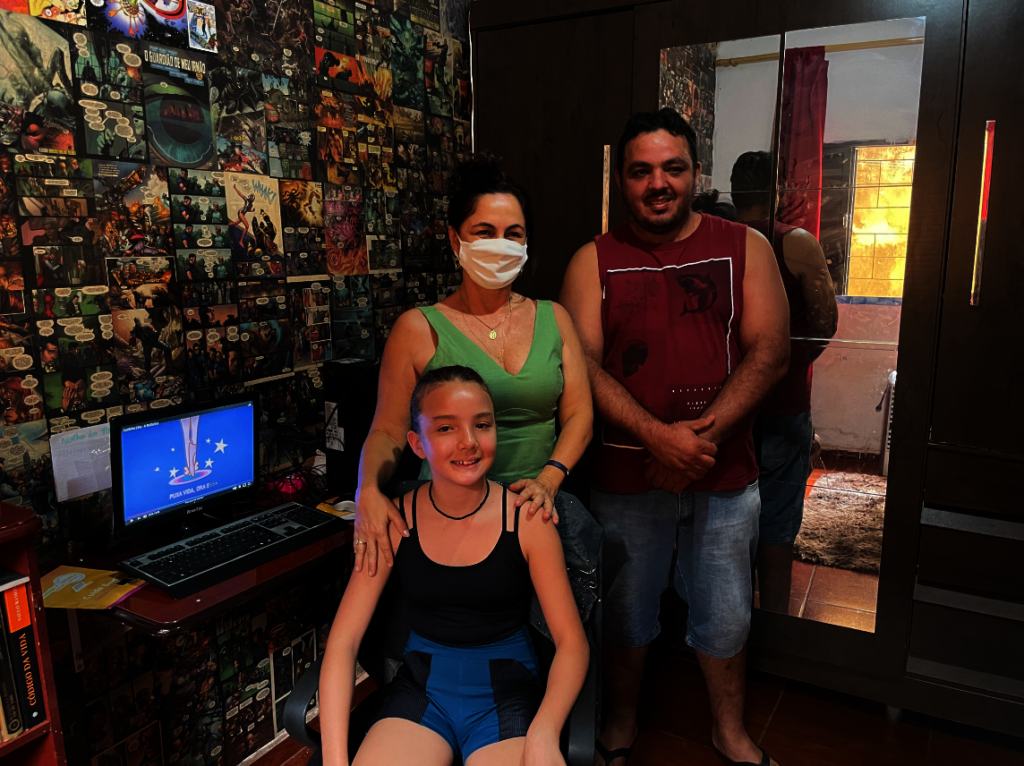By Josymara Ribeiro de Mendonca | Project Leader
Project Overview:
The social distancing for tackling the Covid-19 pandemic is a huge challenge for the learning of children, teenagers and young-adults in social vulnerability in Brazil. Most of the children and young people who attend the projects offered by Institute Oswaldo Ribeiro de Mendonca in arts, culture and sports field has only one mobile device in their houses and this device is used by the entire family for work. For this reason, during the pandemic, these kids and teenagers don't have access to online classes of their schools and IORM's projects.
The access to online classes is vital to ensure the continuity of the learning process. The internet access through mobile devices is not appropriate for students for so many reasons. Mobile phones have small screens, the device model doesn't have enough storage space for the videos, and mostly requires credits top up for cellular functions, which can be a challenge for the families who suffers from unemployment and a reduction in income during the pandemic.
The quality of connection is also very important for the students to learn. Even among those with internet access, there’s a difference between the cellular data package and Wi-Fi access, which can limit what kind of information can be accessed by. Children and young adults have difficulties to access streaming content, which demands a high quantity of broadband. When a student who has a low-speed internet enters into the virtual room, his lines cut, the internet fails and, most of the times, they can’t go back. They get the information buffered which consists in a new type of bullying.
The IORM created the campaign “Education is Connection – Internet for Everyone” for its 350 students to have internet access and computers, a cause of education and guaranteeing the rights for Brazilian children and young adults.
Together with each student, the IORM understand their needs and the best way to attend their requirements. There were some houses where the internet access was enough to ensure the access to online classes, and in other cases, the campaign needs to take to the students a computer and internet broadband.
Goals Achieved:
From 90 students families of Miguelópolis that will be covered by the donation, 48 students from Project Usina da Dança already got their computers with internet access in their houses. The installation of each equipment is made by IORM, who tests if all the features is working and executing. The equipment delivery started on September 10th and will be extended until the end of 2021. With the installation, IORM gives an instruction guide which provides guidance to extend the equipment life. The equipment provision is a determining factor to contribute to the work accomplished by IORM, who seeks to train critical, autonomous and responsible people. The Institute is registered and certified by the Municipal Council of Social Assistance, Council for Children and Adolescents and Secretaries of Social Development, Culture and Sport, and keeps the partnership with Governments, private companies and Third Sector organizations.
How the donations impact the society and how were they applied?
The donations were applied in the acquisition of computers, installation of the original systems, Windows 10, i5, Core processor, Microsoft Office, Camera, Microphone, Wi-Fi, power strip and mouse. The IORM has gathered volunteers to install the programs, verify the equipment and test the internet access. The IORM team has been responsible for getting in touch with the families, evaluating the conditions for installing and for the technical delivery of the computers in each home and registering images to proof the delivery.
Next steps of the project:
The project will continue with the finalizing of the delivery process of computers and internet access for the students of IORM Miguelópolis center. The following step will be the distribution of the goods for 50 students of IORM Ipuã center; 110 students of Orlândia center and 100 students to IORM Guaíra center. The delivery is expected to be finished by December 2021.
Project reports on GlobalGiving are posted directly to globalgiving.org by Project Leaders as they are completed, generally every 3-4 months. To protect the integrity of these documents, GlobalGiving does not alter them; therefore you may find some language or formatting issues.
If you donate to this project or have donated to this project, you can receive an email when this project posts a report. You can also subscribe for reports without donating.
